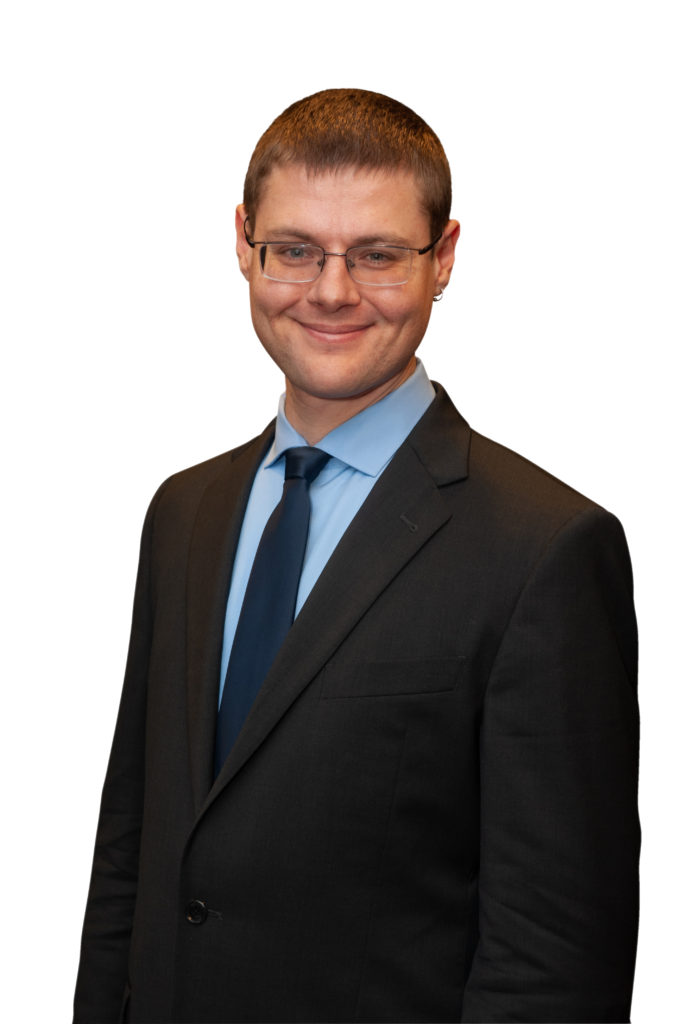
Bad decisions happen when leaders follow the terrible advice of going with their gut and don’t future-proof their organizations.
If you enjoy video, here’s a videocast based on this blog:
And if you like audio, here’s a podcast based on the blog:
Or simply read onward!
Our gut reactions evolved for the ancient savanna environment, when we lived as hunter-gatherers in small tribes of 15-150 people. In the modern world, a major cause of poor decisions is the fight-or-flight response. Critical for our ancestors to survive the life-or-death threats in the savanna, fight-or-flight causes leaders to make quick snap decisions without gathering sufficient data or consulting appropriate stakeholders, often leading to disasters. Bad decisions about people in particular often come from tribalism, our gut reaction’s evolution-based drive to favor people who we perceive to be a part of our tribal in-group, and to discriminate against those from opposing groups.
The term “cognitive biases” refers to the specific ways our minds tend to go wrong in the modern world because we’re operating with a brain evolved for the ancient savanna. Leaders need to learn about these cognitive biases. Then, they need to assess where these mental blindspots might be harming their own decision-making about the future, and more broadly decision-making in their organization.
How Can Leaders Successfully Future-Proof Their Organizations?
Doing so would require using science-based future-proofing techniques. For example, “Defend Your Future” is an excellent method for strategic planning.
First, decide on the scope and goals of your plan. Then, make an initial plan based on what you would need to do if the future goes as you intuitively feel it will go, and how many resources you’ll need. Most traditional planning stops here, and that’s why so many plans fail in real life.
In “Defending Your Future,” you’re just getting started. You’ll now consider all the problems that might occur and their likelihood and impact, and decide on the steps and resources you need to solve them. Following that, consider what unexpected opportunities might arise, then decide what you can do to bring about or prepare for these opportunities, and what kind of resources it will take.
Then, check for cognitive biases that might be impeding your effective decision-making, and adjust your planning accordingly.
Finally, add all the steps and resources to address problems and opportunities, and integrate them into your initial plan. Similar techniques exist for daily decision-making, for making major decisions, for project planning, and many other areas. By taking advantage of such techniques, leaders can future-proof successfully by enabling themselves to see around the corners of our increasingly-disrupted future to address dangerous threats and maximize golden opportunities.
Integrating Future-Proofing Into Your Organization
The most critical first step to integrating these skills is counterintuitive: it doesn’t fit the gut reactions and mental habits of how many leaders approach upskilling. Research on improving decision-making, risk management, and future-proofing skills shows that the first and most important step is to get your team members to care about these skills and become emotionally invested into gaining them. That’s because the vast majority of professionals wrongly believe they excel in making decisions, managing risks, and predicting and preventing future problems.
That’s why, unlike other forms of upskilling, you don’t start by training them in these skills. You need to start by showing your staff the kind of mistakes they and others tend to make in these areas, and the damaging consequences of their excessive confidence. An excellent way to do so is to have everyone take the “Assessment on Dangerous Judgment Errors in the Workplace” and then discuss the results as a team.
This assessment helps those who take it identify the extent and impact of the 30 most dangerous judgment errors in their workplace and decide on the next steps to address them. Every time leaders I trained to use this tool have their teams take it, they get mind-opening results that builds emotional investment and commitment by their team members into developing their decision-making, risk management, and future-proofing skills.
After getting that buy-in, team leaders get the most benefit by introducing, first of all, techniques for effective daily decision-making. After that, depending on the current needs of the team, you can introduce techniques for project planning. for making major decisions, or for strategic planning.
Conclusion
The pandemic has led to a wave of challenges and changes in work, management, and strategic decision making for leaders. Leaders who follow their gut instincts when making these decisions risk falling into the pitfall of dangerous cognitive biases. Future-proof organizations are those that prevent future problems by strategic planning such as through the “Defend Your Future” method.
Key Takeaway
Future-proofing allows organizations to plan countermeasures and allocate resources for possible problems ahead of time, helping leaders avoid cognitive biases…> Click to tweet
Questions to Consider (please share your answers below)
- Did you future-proof your leadership during the pandemic?
- What future-proofing methods from this article would most have helped you in your leadership in the past?
- How do you plan to implement future-proofing methods based on this article?
Image credit: fauxels
Originally Published at Disaster Avoidance Experts on November 16, 2021
Bio: Dr. Gleb Tsipursky is a world-renowned thought leader in future-proofing, decision making, and cognitive bias risk management. He serves as the CEO of the boutique future-proofing consultancy Disaster Avoidance Experts, which specializes in helping forward-looking leaders avoid dangerous threats and missed opportunities. A best-selling author, he wrote Never Go With Your Gut: How Pioneering Leaders Make the Best Decisions and Avoid Business Disasters (Career Press, 2019), The Blindspots Between Us: How to Overcome Unconscious Cognitive Bias and Build Better Relationships (New Harbinger, 2020), and Returning to the Office and Leading Hybrid and Remote Teams: A Manual on Benchmarking to Best Practices for Competitive Advantage (Intentional Insights, 2021). His writing was translated into Chinese, Korean, German, Russian, Polish, and other languages. He was featured in over 550 articles and 450 interviews in prominent venues. These include Fortune, USA Today, Inc. Magazine, CBS News, Business Insider, Government Executive, The Chronicle of Philanthropy, Time, Fast Company, and elsewhere. His expertise comes from over 20 years of consulting, coaching, and speaking and training for mid-size and large organizations ranging from Aflac to Xerox. It also comes from over 15 years in academia as a behavioral scientist, including 7 as a professor at Ohio State University. You can contact him at Gleb[at]DisasterAvoidanceExperts[dot]com, LinkedIn, Twitter @gleb_tsipursky, Instagram @dr_gleb_tsipursky, Medium @dr_gleb_tsipursky, and gain free access to his “Assessment on Dangerous Judgment Errors in the Workplace” and his “Wise Decision Maker Course” with 8 video-based modules.














